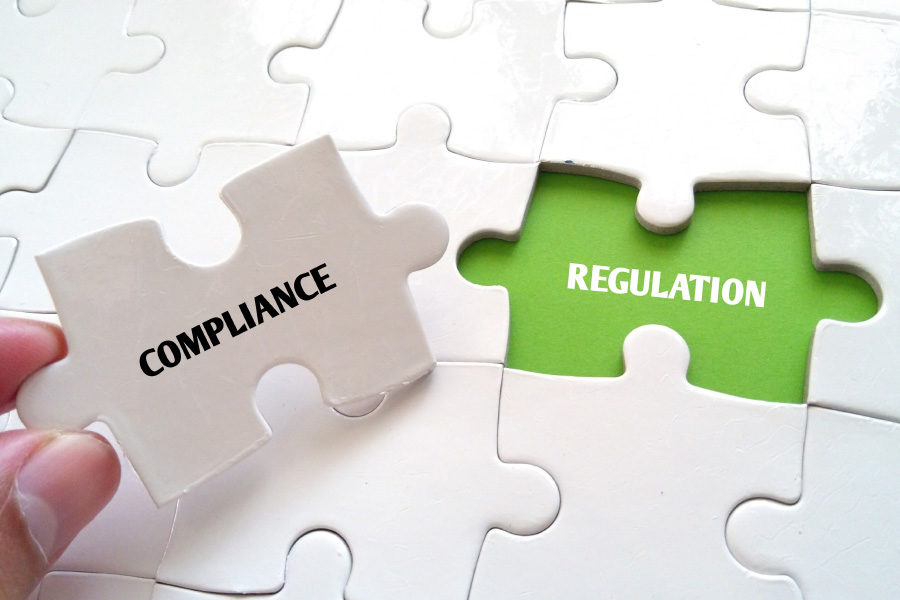Curaçao to reform online gambling licensing

The island will overhaul its liberal licensing regime following international pressure.
Curaçao.- The Caribbean island of Curaçao has announced plans to radically overhaul its famously liberal licensing regime for online gambling operators. It will create a new licensing body, which will tighten the requirements for operators and will liaise with other international regulators to tackle illegal gambling.
The new licensing regime will replace the current system of master licences, which has been criticised internationally for a lack of scrutiny over operators. As part of the Kingdom of the Netherlands, Curaçao has come under increased pressure to tighten its licensing system since the Netherlands launched its regulated online gambling market last year.
Under the current system of master licences, only four businesses have direct licences from the island’s government, but each can then offer sub-licences of their own, and under their own terms. The system effectively granted the four master licence holders most of the control over licensing and saw the number of operators proliferate.
But a bill passed by Curaçao’s Council of Ministers will see the creation of a new independent state licensing body, the Curaçao Gaming Authority (CGA), which will issue both B2C operator and B2B supplier licences. Fees for the licences are expected to be around €4,000 to apply and then €12,000 per year plus a monthly fee of €250 per URL.
The government has begun registering current sub-licensees, who will all initially be able to move to the new system through 12-month transitional licences. Licensees will need to meet new controls to continue to maintain their licences, including tighter money laundering measures and a new requirement for a minimum of three employees in key positions to be based on the island itself. That’s likely to force some operators to leave the jurisdiction.
It’s also expected that the CGA will enter into agreements to cooperate with other global regulators, which suggests it may look to prevent operators from targeting particular jurisdictions. However, there are not expected to be specific rules against targeting any particular market.
The bill will now go to consultation with advisory bodies with the final draft expected to be put to Parliament by the end of the year.
The major European gambling hub of Gibraltar has also introduced new rules for operators to have a more prominent local presence as part of its licence conditions.
Last year, Sander Dekker, then the Dutch minister for legal protection, said the Netherlands’ government was planning to implement an action plan designed to clamp down on unlicensed gambling operators targeting Dutch players from Curaçao. He noted that the island had accepted the proposal of an independent gambling regulator.
Questions on the issue were raised in the Dutch parliament after an article in the investigative journalism site Follow the Money claimed that there were 12,000 illegal gambling sites operating in Curaçao and that the island was responsible for 40 per cent of all unregulated gambling internationally due to a web of sub-licences.
Meanwhile, the Swedish gambling regulator, Spelinspektionen, has injunctions against several Curaçao-licensed gaming operators, ordering them to stop targeting the Swedish market. It issued injunctions against Disrupt Entertainment Limited, Nero Media and Indigo Soft, among others.











